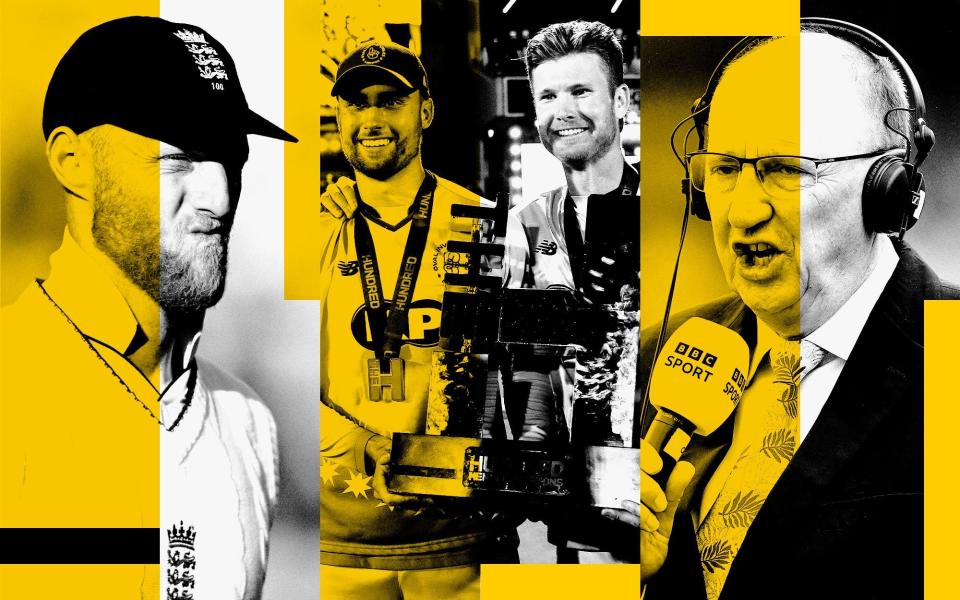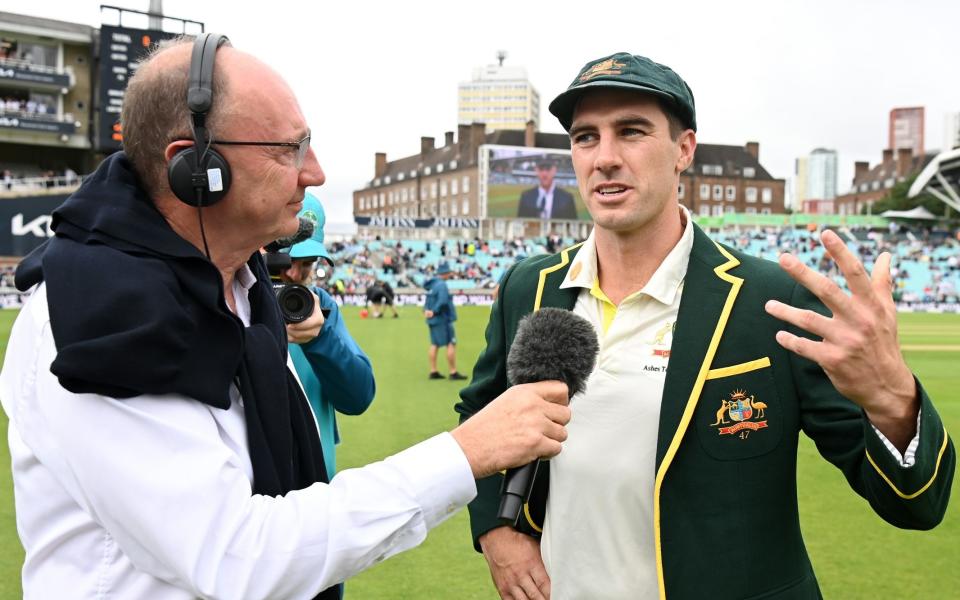BBC’s cricket future is at a crossroads

Jonathan Agnew stepping down as the BBC’s cricket correspondent may not even be noticed by listeners of Test Match Special’s coverage. He has signed a new deal to remain part of the coverage for four years, and will remain the host of TMS. He will be seen, heard and read less across the BBC’s broad coverage of the game (especially in limited overs cricket), but there may not be too much difference on TMS in the short term.
The news comes, though, at a time of great flux for the BBC’s cricket coverage, and only adds to it.
The BBC’s radio output in the English cricketing summer remains solid – and is indeed expanding. They hold exclusive radio rights for all international and domestic cricket in England and Wales until the end of 2028, broadcasting every ball of the county game, the women’s domestic game, the Hundred, and of course England men and women. They move with the times on this front, constantly introducing new commentators and keeping pace with changing competitions (the women’s domestic game will be back in county hands from 2025, and no doubt the BBC will cover that too).
It is outside the English summer that things have got tricky on radio, because Talksport have muscled into the market, picking up rights for various England men’s tours. That includes a long-term deal for England’s internationals in India, starting with the series earlier this year; having splurged on the rights, a decent team covered only the first two matches on the ground in India before largely moving their operation to London.
The BBC have managed to hold onto the crown jewel of overseas rights, the men’s and women’s Ashes, but face further battles with Talksport this year. The BBC’s deals to broadcast ICC events and England tours of Pakistan have expired. Talksport will no doubt be interested in both, which are of immediate concern, given the next round of ICC rights begins with the men’s T20 World Cup in June, and England men tour Pakistan for three Tests in October. The BBC’s budgets for rights packages like these depend on what is coming up elsewhere on sport, but they competed hard for India are likely to do so again.

Things are sticky on the TV side, too. The ECB, under the leadership of Tom Harrison, fought tooth and nail to get cricket back on the BBC more than five years ago but, after just one rights cycle, the state of play is uncertain. The BBC have the rights to broadcast an array of cricket nuggets: nightly international highlights, a handful of men’s and women’s T20 internationals, and eight games in each Hundred competition. That deal ends this summer, and they face competition from other free-to-air broadcasters for some or all of that content. They are considered favourites to retain the rights, but perhaps only at a lower price than they signed for last time.
Behind the scenes, there is change. The long-time TMS producer, Adam Mountford, has been promoted for the next six months to the role of head of cricket. This position was vacated last summer by Stephen Lyle, who became head of football and is thought to be in the running to replace the outgoing Barbara Slater as head of sport.
Mountford will now oversee the BBC’s cricket output – including deciding how to replace Agnew as correspondent – but looks set to continue to produce TMS’s day-to-day coverage wherever possible, too.

Exactly what roles need filling and who will fill them may not be decided until much later this year, when the BBC will know exactly what cricket they have to broadcast. If they retain all the rights they currently have, expect a full-time head of cricket, a new cricket correspondent, and perhaps even a new TMS producer (there have been just two of these, Mountford and Peter Baxter, who hired Agnew, in the last 50 years).
The role of correspondent at the BBC can mean a number of things. As a former player, for instance, Agnew as cricket correspondent is very different to the younger Chris Jones, a journalistic and broadcasting all-rounder who serves as rugby correspondent. The two sports differ wildly in the volume of live coverage they offer (80 minutes per week compared to days on end), but have overlapping audiences, and it would not be a surprise if the cricket correspondent’s role becomes a little newsier after Agnew.
The end of the Agnew era is some way off yet – expect to hear his excellent commentary on England’s Tests for the foreseeable future. But his final year as correspondent comes in a vital year for the future of the corporation’s cricket coverage.
